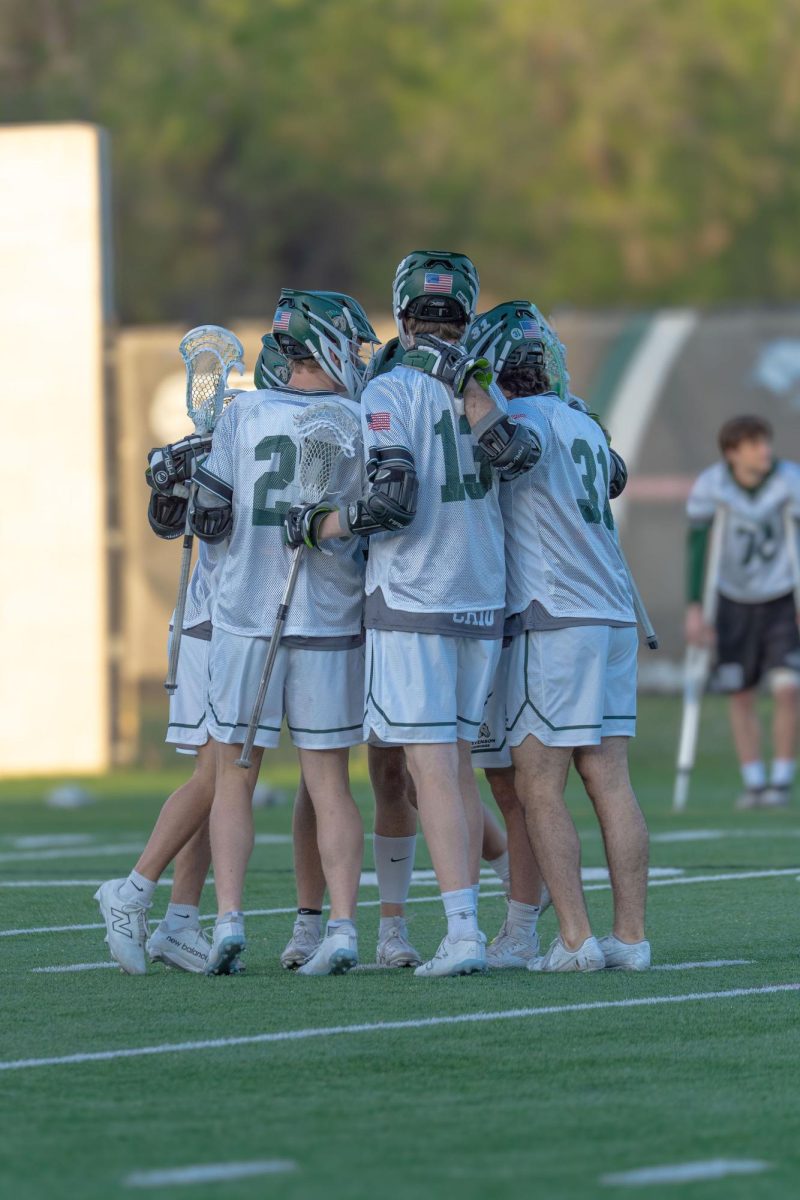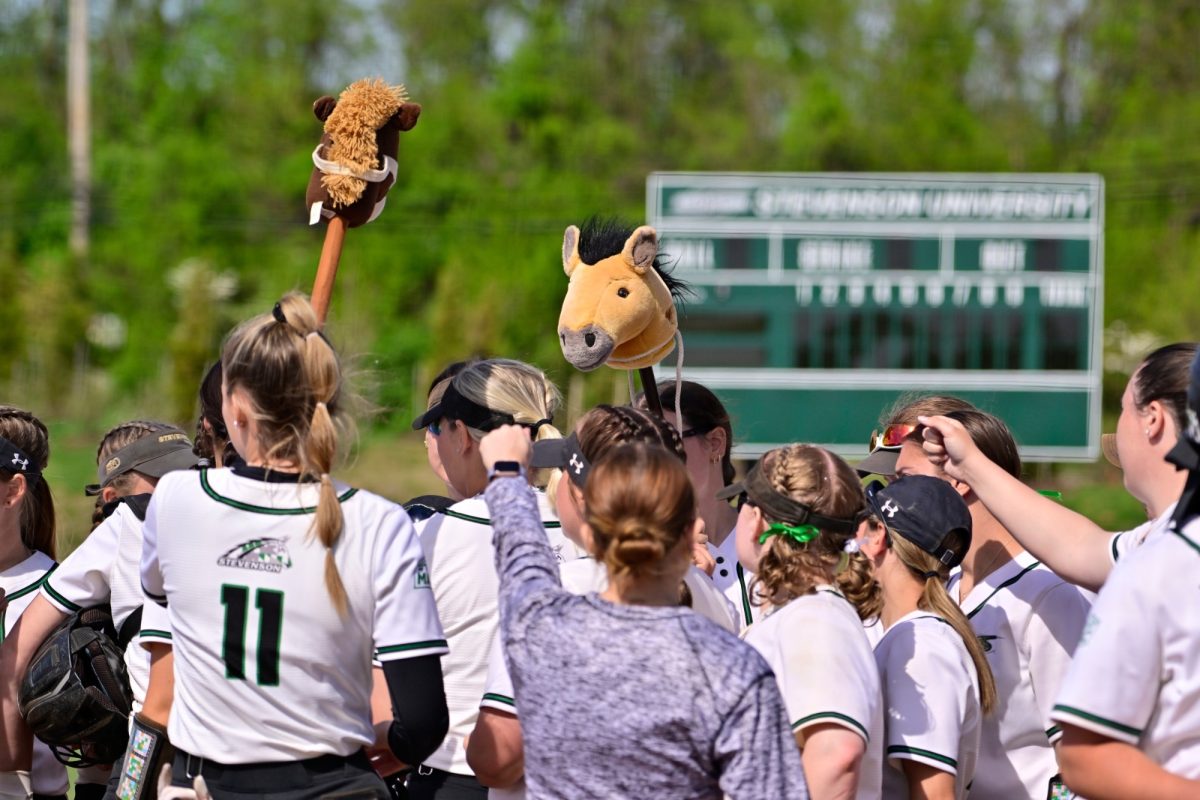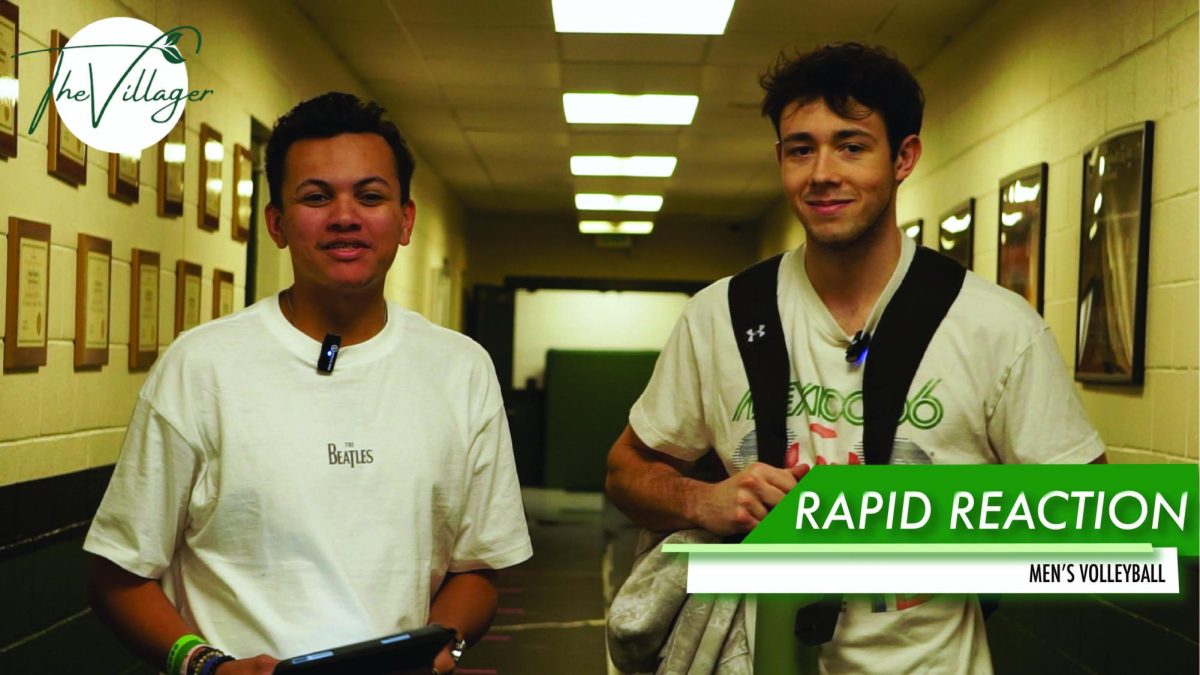Stevenson’s trainers as well as a host of medical websites have offered student athletes information about concussions, traumatic brain injuries that can affect a person’s concentration, balance, memory, coordination and mentally acuity.
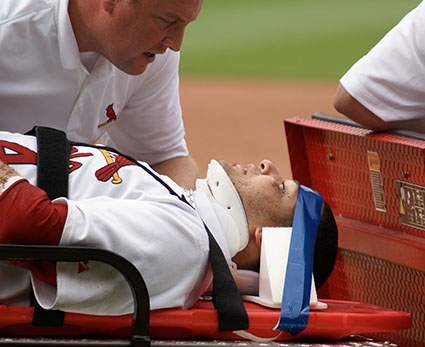
Stevenson University athletic trainer Jonathan Arndt offered several tips on how to avoid concussions.
Neck strength is essential to being able to withstand concussions because it can help with the impact of a hit, said Arndt. The ability to slow the movement of the head can help prevent head-to-head contact; however, the best way to avoid a concussion is to develop proper fundamentals in every sport played, since proper fundamentals can help prevent head-to-head contact, he added.
Arndt explained that processing concussions requires following a prescribed protocol, and when they happen during the game, he has to take certain precautions.
“Players must be removed from play, and we need to make sure that they’re calmed down. Then we make them focus as we run them through some basic tests that involve recall to make sure they’re aware of what’s going on,” he said.
According to the Mayo Clinic, “Concussions are usually caused by a blow to the head. Violently shaking the head and upper body can also cause concussions.” However, symptoms of a concussion may not show up immediately.
The Mayo Clinic explained that the physical signs of a concussion include headaches, ringing in the ears, nausea, vomiting, fatigue or drowsiness, blurry vision, confusion or feeling as if in a fog and dizziness. Many athletes need to be aware of these symptoms and make sure they’re getting checked out after a blow to the head. The clinic also recommended seeing a doctor or athletic trainer within one or two days to make sure the injury is treated.
An article posted on Protect The Brain noted, “In organized high school sports, concussions occur more often in competitive sports, with football accounting for more than 60 percent of concussions.” The website also stated that for females, soccer causes the most concussions.
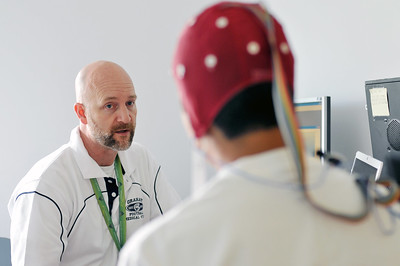
Dylan Holy, current captain of the men’s soccer team, had a concussion in the past. “I went up for a header,” he said, “and got punched by the goalie in the back of the head. I blacked out for a couple of seconds and don’t remember what happened. I didn’t feel too bad, but I was shaken up and the back of my head was hurting where it was hit,” he said.
Holy was checked out by his athletic trainer and was treated for his symptoms.
Concussions are serious because there is evidence that links the injuries to future onset of dementia. According to Living Dementia Consulting in a study on retired football players, “The Michigan researchers found that 6.1 percent of players age 50 and above reported that they had received a dementia-related diagnosis, five times higher than the cited national average, 1.2 percent.”
Considering that this connection is higher than the national average, athletes should take more precautions to guard against multiple concussions.
WebMD noted, “A traumatic injury to the brain, such as concussion from a sports collision or a motor vehicle accident, is already associated with the short-term risk of dementia.” The website also stated that a serious head injury may increase the risk of dementia even decades later.
Head injuries need to be taken seriously. If symptoms are present, those involved should see a doctor to get checked out follow the precautions in order to stay healthy.














